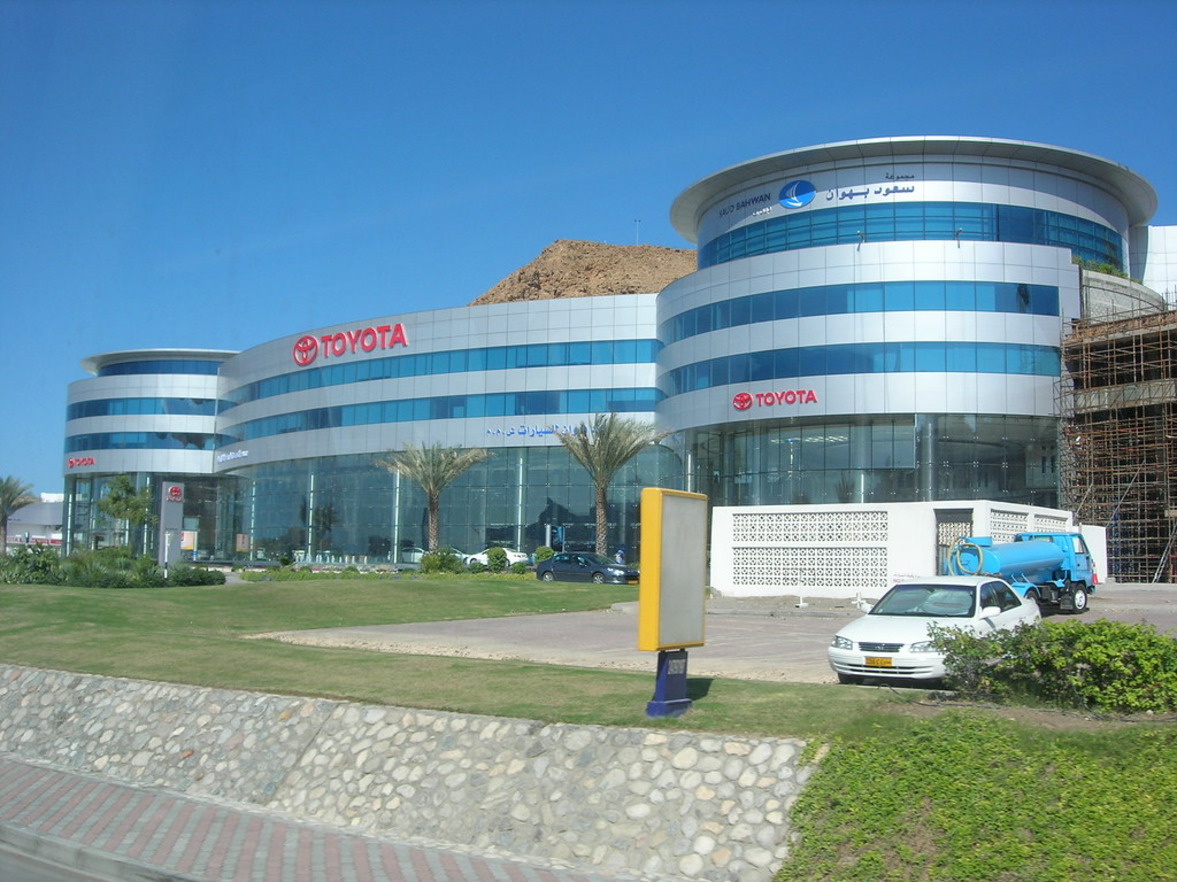In a significant move towards the future of transportation, Toyota and Waymo, Alphabet’s autonomous driving subsidiary, have announced a preliminary partnership aimed at developing next-generation autonomous vehicle platforms and enhancing personally owned vehicles (POVs).
Strategic Collaboration Details
The collaboration will see Toyota integrate its Woven software and mobility solutions with Waymo’s autonomous driving technology. This integration is expected to accelerate the development and deployment of advanced driver-assistance systems and fully autonomous vehicles. Additionally, Toyota vehicles will be incorporated into Waymo’s existing ride-hailing fleet, marking the first instance of Waymo licensing its technology for consumer-owned vehicles.
Expanding Global Reach
Waymo’s autonomous ride-hailing services currently operate in several U.S. cities, including San Francisco, Phoenix, Los Angeles, and Austin. The company plans to expand its services to additional cities such as Atlanta, Miami, and Washington, D.C., by 2026. In the first quarter of 2025, Waymo reached 250,000 paid robotaxi rides per week in the U.S., up from 200,000 in February. Over 4 million fully autonomous rides were served in 2024 across major U.S. cities.
Commitment to Safety and Innovation
Safety remains a core focus for both companies. Waymo’s technology has been shown to prevent 75% of vehicle collisions and reduce serious injury risk by 93%. The company’s mission is to be the world’s most trusted driver, aiming to transform mobility to be safer, more sustainable, and more accessible.
This partnership underscores the growing global focus on autonomous transportation as a means to enhance safety and sustainability. While the terms of the Toyota-Waymo agreement have not been disclosed, both companies are exploring ways to integrate their efforts into tangible consumer products.
As the automotive and technology industries continue to evolve, this collaboration positions Toyota and Waymo at the forefront of the autonomous vehicle revolution, potentially reshaping the future of personal and shared transportation.



